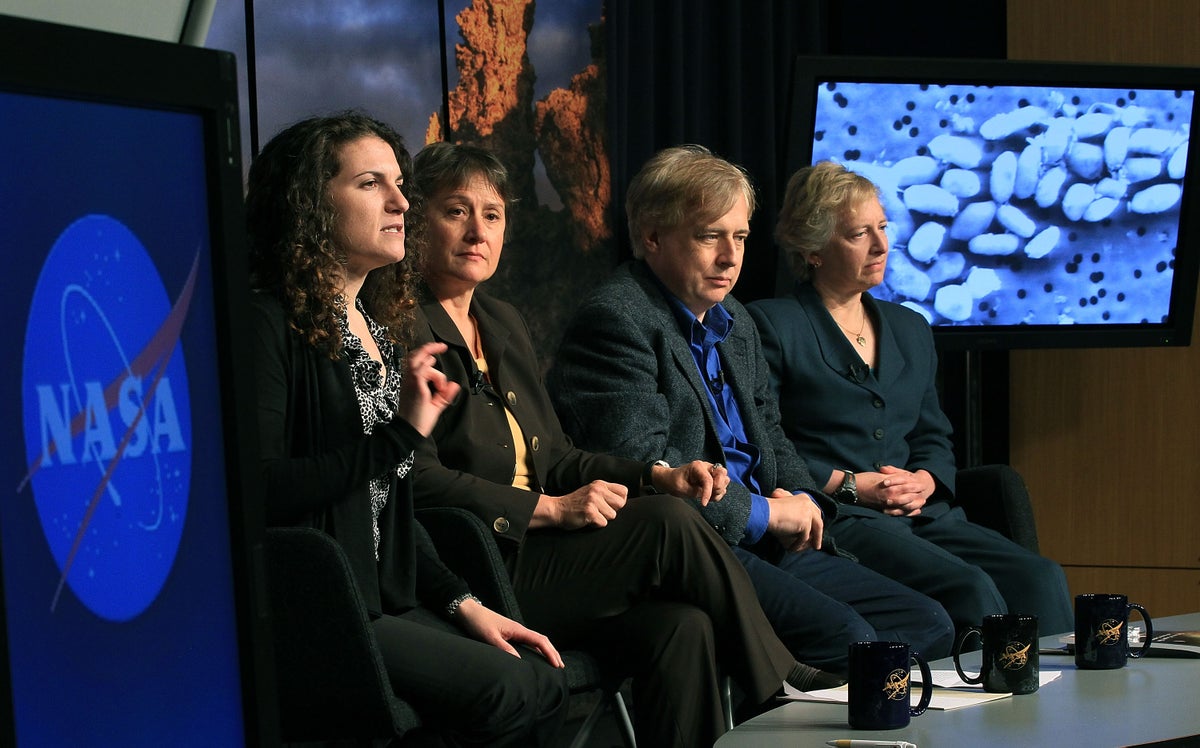Introduction to the Controversy
A groundbreaking study on arsenic-based life unveiled 15 years ago has officially been retracted. This research stirred debates in the scientific community, raising questions about the validity of its findings. The authors of the study argue that the retraction is unjust. They claim that the work has been misinterpreted and that it contributed significantly to our understanding of alternative biochemistries.

Initially, the study suggested that certain microbes could incorporate arsenic into their DNA, offering a new perspective on life’s biochemical pathways. This revelation captivated researchers and the public alike. However, skepticism grew over time, with several scientists questioning the experimental methods used and the interpretations drawn from the data. The eventual retraction highlights the ongoing challenges within scientific research, particularly when it comes to groundbreaking claims.
The Aftermath
This retraction raises critical questions about scientific integrity and the peer review process. As the authors defend their work, they also remind the community of the importance of rigorous scrutiny. Despite the controversies, the study sparked interest in arsenic’s role in biology, leading to further research in the field.
Conclusion
While this retraction marks a significant moment in scientific history, it also serves as a reminder of the evolving nature of research. As debates continue, the scientific community must strive for transparency and accuracy in all studies.
















